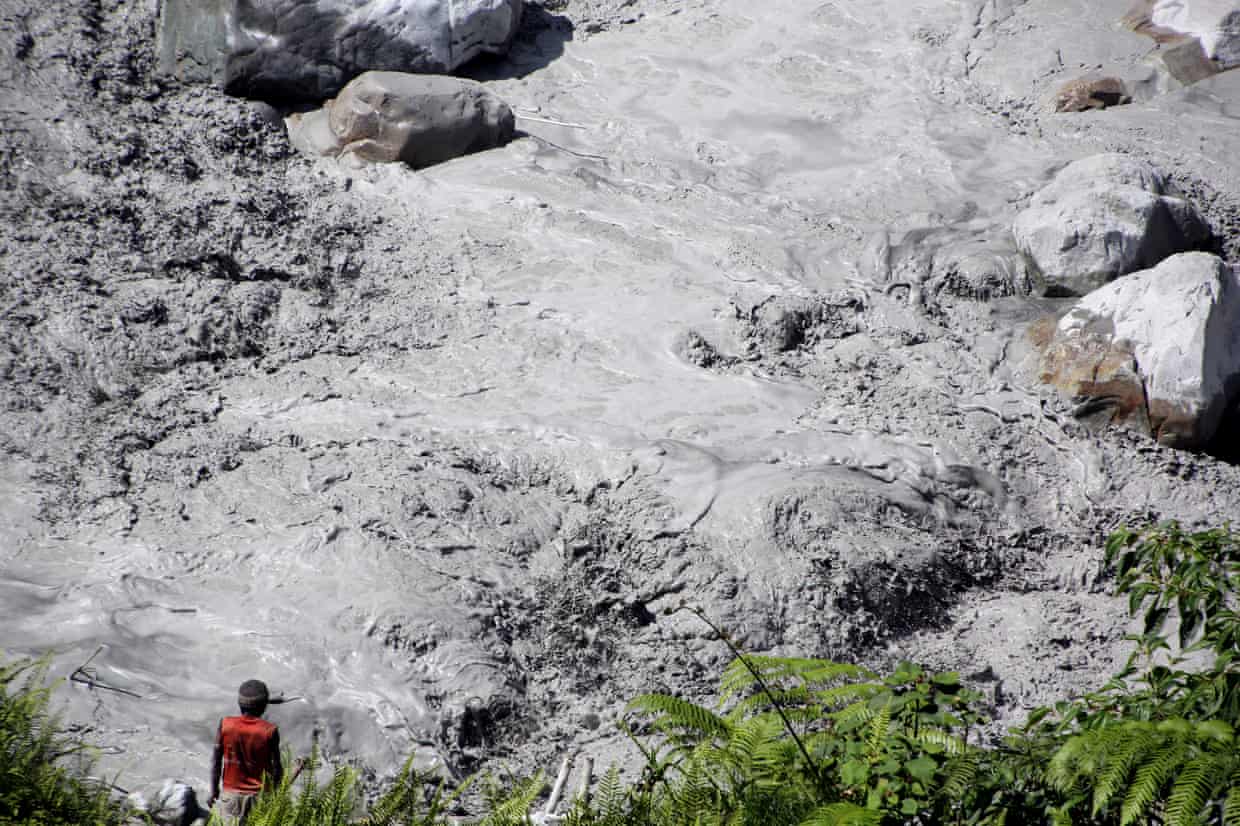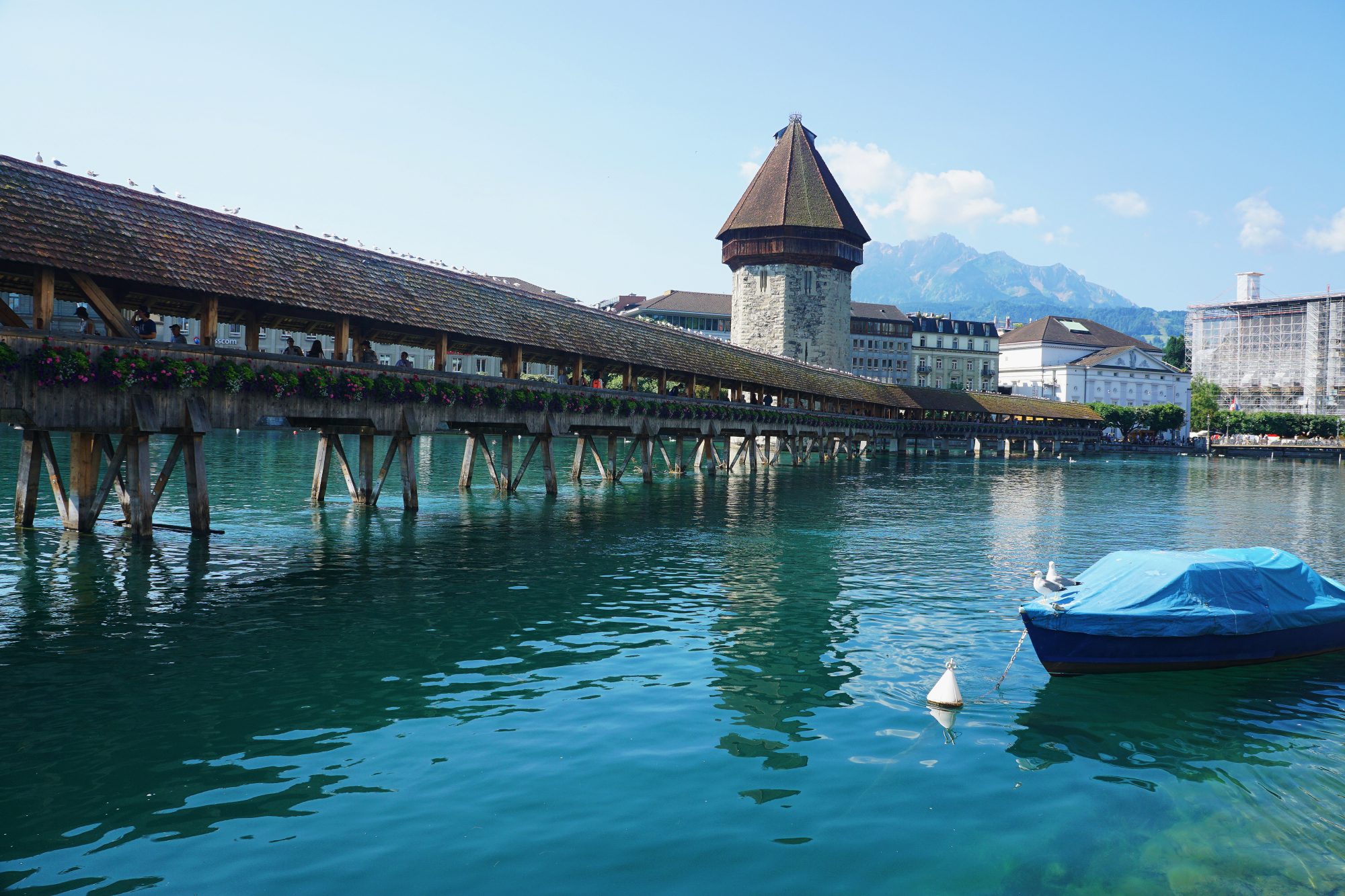We all know that most of the government attempt to satisfy the social interest, often end up to harming it. But it is intermittently required to set rules that will influence the way how the stakeholders interact. Recently, there is a case involving gold and copper miner PT Freeport Indonesia (under Freeport McMoran) and the Indonesian government. The local people claimed that the enterprise has violated the rights of the indigenous people since 1991.
Freeport mining is located in Grasberg Mountain, West Papua with gold reserves worth an estimated $100 billion (Schulman, 2016). It is understandable for Indonesia, a developing country, to accept the multi-million dollar contract in 1991 which enables the development programs to alleviate the health, education, agriculture, and rural infrastructure issue mostly in Java Island.

Even though it looked like a promising deal at first, Freeport’s activity doesn’t show that they are augmenting the lives of the local people in West Papua. However, they are actually racking the indigenous tribes by the tailing sediments from the mine which raised the riverbed, suffocating the sea creatures on which the native’s diet and economy were based without the government knowing it, unfulfilling the accommodation contract for using the local tribe land and even killing 500,000 of them in fight to win their land back (Schulman, 2016).
As a business professionals, Freeport should know how to work ethically by making decisions that are moral and environmental friendly while maximizing their profit. They know that dumping as much as 200,000 tonnes of mine waste directly into the river would cause thousands of hectares of verdant forest into wastelands (Schulman, 2016). Yet, they are countering it by saying that the process is reversible. Is it possible to reverse a polluted river to a pristine ecosystem that was once the central economy of the local people?

If only the stakeholder has a great sense of business ethics, they would not have done something that portrays the greedy mindset of human that wants more than what he or she can get. I personally think that they should have revise their business plan in the matters of lowering their profit to avoid further destruction of the natural ecosystem that would give a snowballing effect to both the indigenous people and the stakeholders. However, it will be difficult for the Indonesian government to terminate their contract for Freeport is the biggest tax payers in Indonesia, and losing such contract will not be beneficial for both parties. A solution to this could be that the stakeholders should give accommodation to the local people, for they have lost their land and main economic based, that accommodation can be in terms of schools, church and maybe employment to improve the standard of living.
Word Count : 448
Sources:
Schulman,S (2016). The $100bn and the West Papuans who say they are counting the cost. Retrieved from https://www.theguardian.com/global-development/2016/nov/02/100-bn-dollar-gold-mine-west-papuans-say-they-are-counting-the-cost-indonesia
Coca,N (2017). Indonesia’s Neverending Freeport-McMoran Saga. Retrieved from http://thediplomat.com/2017/07/indonesias-neverending-freeport-mcmoran-saga/
Emont, J (2017). Foreigners Have Longed Mined Indonesia, but Now’s There’s an Outcry. https://www.nytimes.com/2017/03/31/business/energy-environment/indonesia-gold-mine-grasberg-freeport-mcmoran.html?mcubz=3
